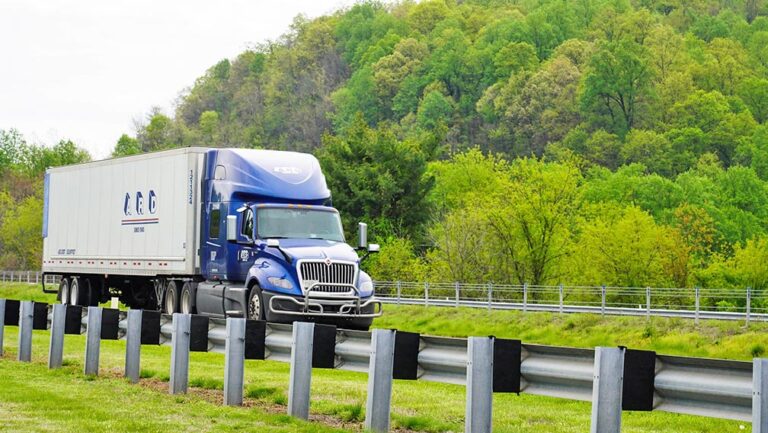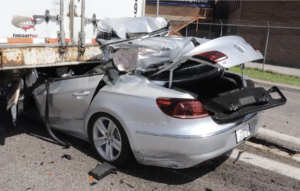RICHMOND, Va. — Turns out, birds, bees, flowers and trees can help make highways less dangerous.
That’s why the Virginia Department of Transportation (VDOT) is planning to install 135 new acres of pollinator habitats this year.
VDOT officials say the projects are also part of an ongoing commitment to protect the valuable ecosystem provided by pollinators such as bees, birds, butterflies, bats, beetles, flies and more.
According to VDOT, pollinator corridors assist the agency “in efficiently delivering a safe transportation system.”
Roadside vegetation reduces erosion and stormwater runoff while providing sediment control, officials say.
“With more flowers and vegetation, VDOT beautifies the roadsides and saves time and money by reducing how often it needs to mow areas along the roadways,” a news release states. “Additionally, roadsides with healthy plant communities can better resist invasive plants that can require the use of herbicides.”
Since 2014, VDOT’s Pollinator Habitat Program has created naturalized areas of native plants along state-maintained roads and properties that provide habitats to threatened and dwindling pollinator species. The program began with four plots in Northern Virginia.
This year marks five years since VDOT joined the nationwide Monarch Butterfly Candidate Conservation Agreement with Assurances, a voluntary agreement between energy and transportation partners and the programs’ administrator, the University of Illinois-Chicago.
VDOT’s initial five-year goal was to proactively implement conservation measures on roughly 3,100 acres of interstate roadsides to support the monarch butterfly. Five years into the program, VDOT estimates contributing around 8,000 acres of pollinator habitats along VDOT roadways, well above the initial goal. VDOT performs monitoring each spring season to document milkweed and nectar flowering species.
“Supporting pollinator conservation is a win-win for VDOT, because the agency can save money and improve efficiencies, and pollinators gain thousands of acres of habitat,” said Chris Swanson, director of VDOT’s Environmental Division. “We value being good stewards of the environment, which is why, throughout the Commonwealth, we’re working to provide safe habitats for pollinators to ensure a healthy and sustainable future.”
This year, VDOT and partners will add 107 acres of pollinator habitat plantings in Hampton Roads, 22 acres in the Greater Richmond region and about six acres in Southern Virginia. Last year, VDOT planted 82 new acres across the Commonwealth.
Pollinator corridors assist VDOT in efficiently delivering a safe transportation system. Roadside vegetation reduces erosion and stormwater runoff while providing sediment control. With more flowers and vegetation, VDOT beautifies the roadsides and saves time and money by reducing how often it needs to mow areas along the roadways. Additionally, roadsides with healthy plant communities can better resist invasive plants that can require the use of herbicides.
Virginia Gov. Glenn Youngkin proclaimed June 17-23 as Virginia Pollinator Week in recognition of the important role of pollinators to the Commonwealth’s environment and agricultural economy.
Wildflower and Protect Pollinators license plates help fund the Pollinator Habitat Program. VDOT has partnered with the Department of Motor Vehicles to offer special license plates to support the program.
Born in Pine Bluff, Arkansas, and raised in East Texas, John Worthen returned to his home state to attend college in 1998 and decided to make his life in The Natural State. Worthen is a 20-year veteran of the journalism industry and has covered just about every topic there is. He has a passion for writing and telling stories. He has worked as a beat reporter and bureau chief for a statewide newspaper and as managing editor of a regional newspaper in Arkansas. Additionally, Worthen has been a prolific freelance journalist for two decades, and has been published in several travel magazines and on travel websites.








